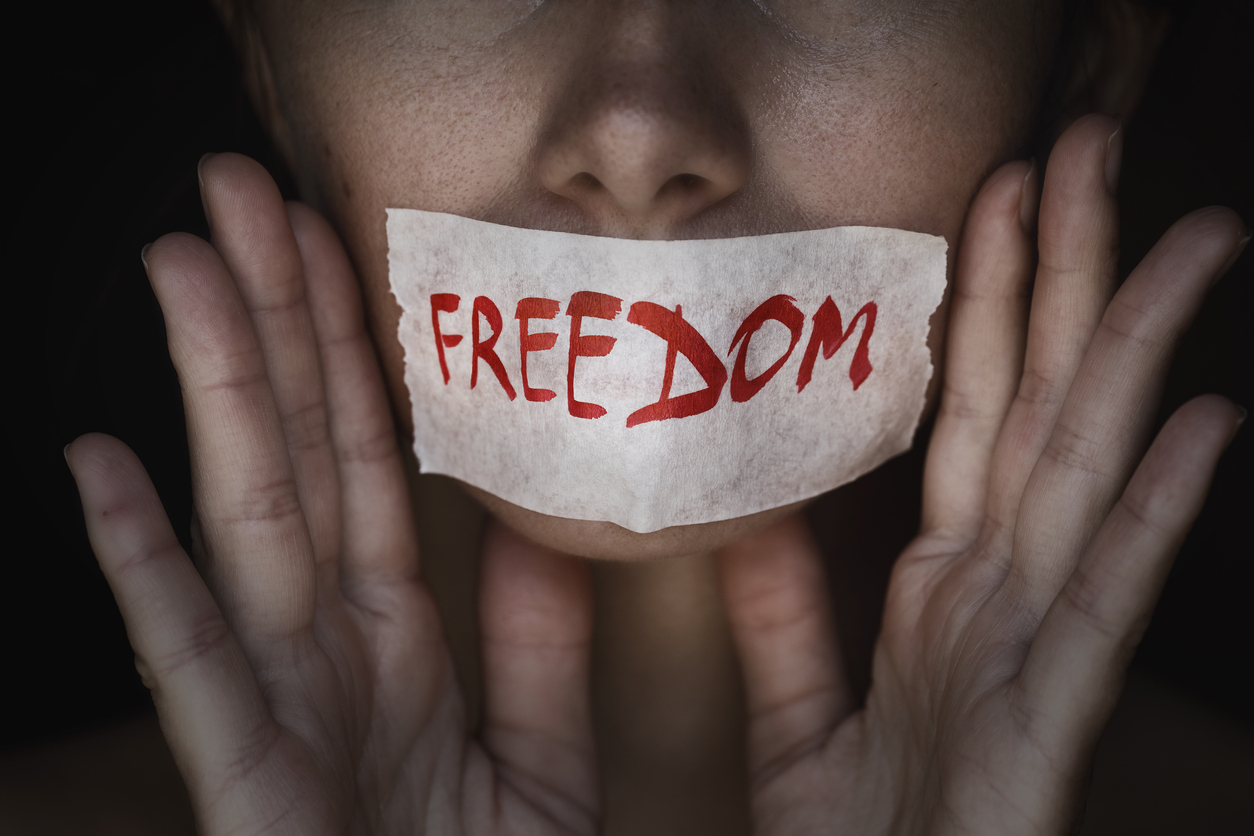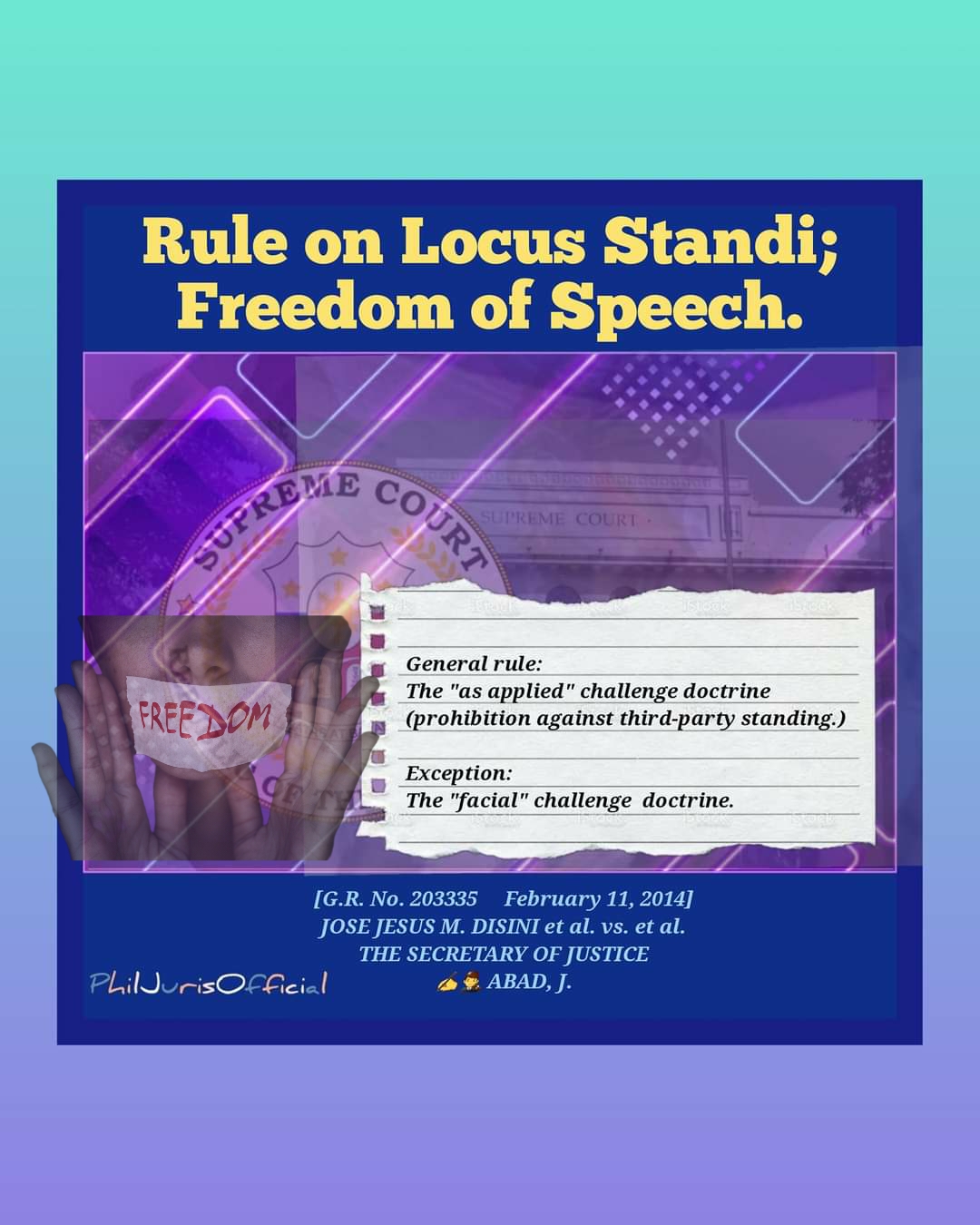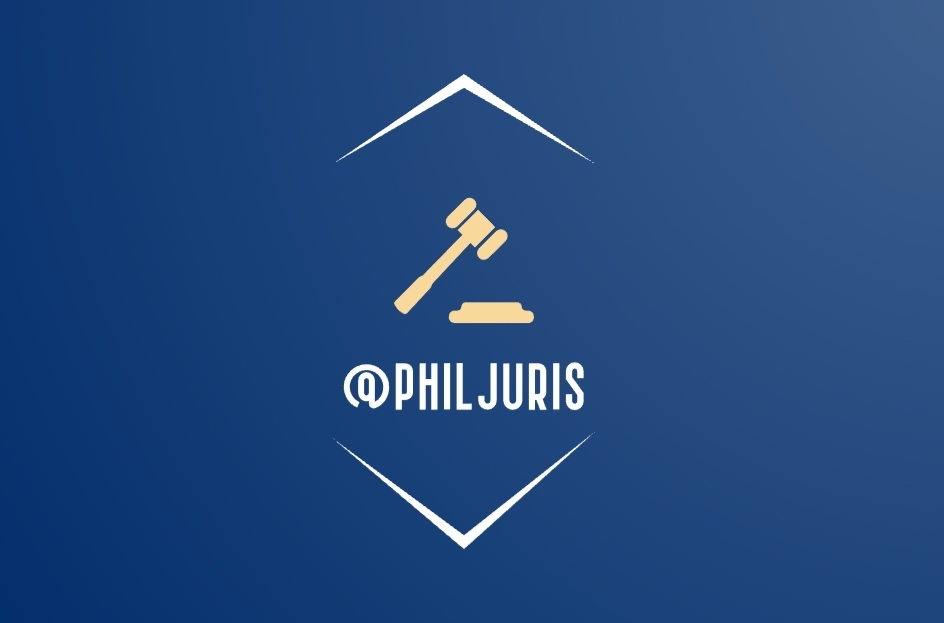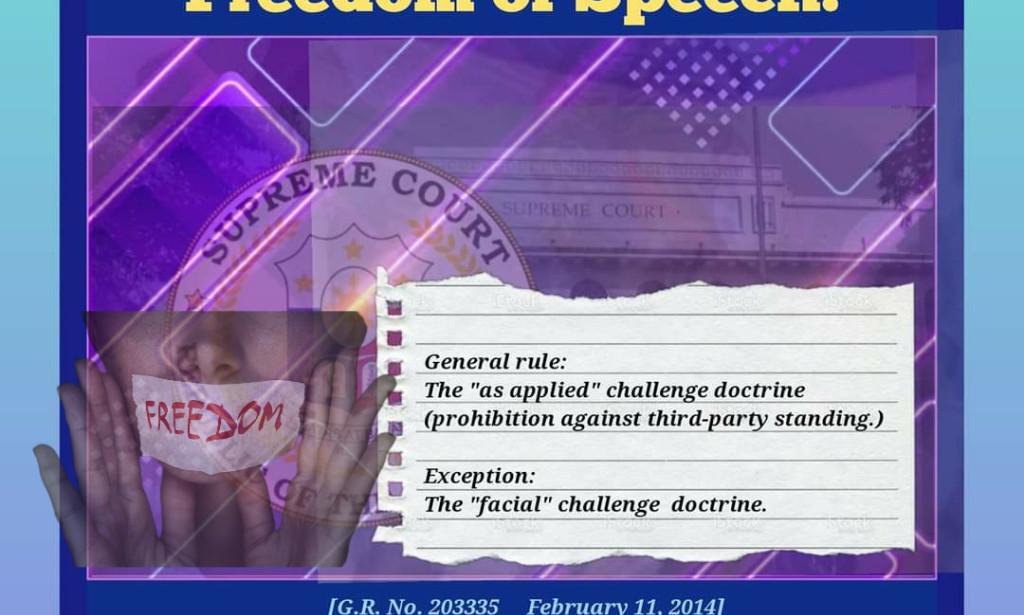Rule on Locus Standi; Freedom of Speech and Expression.
Doctrine.
General rule:
The "as applied" challenge doctrine (prohibition against third-party standing.)
Exception:
The "facial" challenge doctrine.
[G.R. No. 203335 February 11, 2014]
JOSE JESUS M. DISINI et al. vs. et al.
THE SECRETARY OF JUSTICE
✍️👨⚖️ ABAD, J.

©️📷: Politics. co. uk
Discussion.
When a penal statute encroaches upon the freedom of speech, a "facial challenge" grounded on the void-for-vagueness doctrine is [acceptable]. The inapplicability of the doctrine must be carefully delineated.
As Justice Antonio T. Carpio explained in his dissent in Romualdez v. Commission on Elections, "we must view these statements of the Court on the inapplicability of the overbreadth and vagueness doctrines to penal statutes as appropriate only insofar as these doctrines are used to mount ‘facial’ challenges to penal statutes not involving free speech."
The "as applied" challenge doctrine.
In an "as applied" challenge, the petitioner who claims a violation of his constitutional right can raise any constitutional ground – absence of due process, lack of fair notice, lack of ascertainable standards, overbreadth, or vagueness. In such a case, one can challenge the constitutionality of a statute [only if] he asserts a violation of [his own rights]. It prohibits one from assailing the constitutionality of the statute based solely on the violation of the rights of third persons not before the court. This rule is also known as the prohibition against third-party standing. (Emphasis supplied).
But this rule admits of [exceptions]. A petitioner may for instance mount a "facial" challenge to the constitutionality of a statute even if he claims no violation of his own rights under the assailed statute where it involves free speech on grounds of overbreadth or vagueness of the statute. (Emphasis supplied).
The rationale for this exception is to counter the "chilling effect" on protected speech that comes from statutes violating free speech. A person who does not know whether his speech constitutes a crime under an overbroad or vague law may simply restrain himself from speaking in order to avoid being charged of a crime. The overbroad or vague law thus chills him into silence.
[G.R. No. 203335 February 11, 2014]
JOSE JESUS M. DISINI et al. vs. et al.
THE SECRETARY OF JUSTICE
✍️👨⚖️ ABAD, J.

Read full text here:
https://www.chanrobles.com/cralaw/2014februarydecisions.php?id=169
RELATED READINGS:
Atty. Sarmiento's sample political Law question.
For a thorough understanding of Political Law, we recommend the following books:

Political book 1; Political Law
https://c.lazada.com.ph/t/c.Ypmrcg
Political book 2; Constitutional Law
https://c.lazada.com.ph/t/c.YpmsmP
Bar Questions and Answers; UP Law Complex.
Political Law; Bar Q-and-A
https://c.lazada.com.ph/t/c.YpmKLg
Or the Bar Q-and-A of Cruz; Central bookstore
https://c.lazada.com.ph/t/c.YpKadJ
Codal; Political Law
https://c.lazada.com.ph/t/c.YpKXdx
International law
https://c.lazada.com.ph/t/c.YpK0Jl
Land Registration and Environmental Law
https://c.lazada.com.ph/t/c.YpKadb
LTD detailed info;
https://c.lazada.com.ph/t/c.YpK0Jo
Law on public officer
https://c.lazada.com.ph/t/c.YpKad3
Election law
https://c.lazada.com.ph/t/c.YpKadj
Latest jurisprudence in Political Law (must read).
https://c.lazada.com.ph/t/c.YpKadL
Old, but still Gold (must read).
https://c.lazada.com.ph/t/c.YpK0rP
For more information, visit our LINK-IN-BIO
To keep you posted, 𝐏𝐥𝐞𝐚𝐬𝐞 𝐬𝐮𝐩𝐩𝐨𝐫𝐭 𝐚𝐧𝐝 𝐟𝐨𝐥𝐥𝐨𝐰 our Facebook Pages , Telegram channel and discord channel.
Like and leave a comment in this post to show your support.♥️



You must be logged in to post a comment.